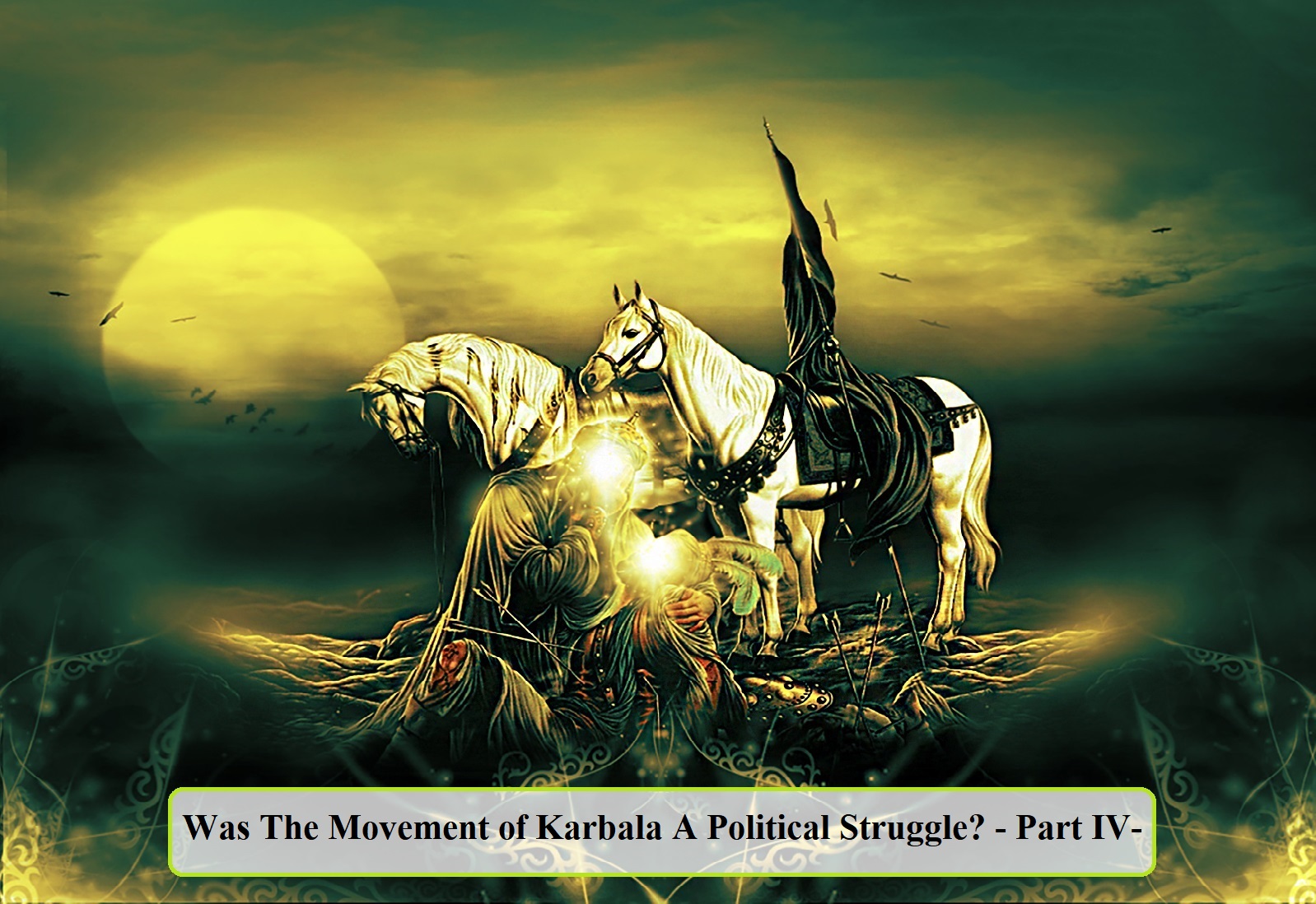Response 1: People cannot take away that which Allah (swt) has given
Whilst Orientalist or academic historians may observe Islamic history through various methodologies and independent lenses, a Muslim observer is obliged to understand the actions of the Allah (swt) and His Prophet (s) through the Quran. According to article by themuslimvibe.com, this is because the Word of Allah is perfect, everlasting and a clear guidance. The Qur’an, protected by Allah (swt) does not need to support narrations and history, which is unprotected by Allah (swt), rather it is the other way round. The Hadith literature and its analysis must be in line with the Qur’an for it to be acceptable. A Muslim’s thinking and understanding is grounded in the apparent verses of the Qur’an thus narrations and history works upon the Qur’anic axis.
As such, the leadership, authority and supremacy of Imam al-Hussain (a) has been vested to him by Allah (swt) and is not dependent on the changing tide of people’s whims and preferences. The Qur’an states Allah (swt) has chosen Imam al-Hussain (a) above the rest of the universe, as per the verse, “Indeed, Allah chose Adam and Noah and the family of Abraham and the family of ‘Imran over the worlds” (3:33). Once Allah (swt) has “chosen” a person, it matters not whether he is recognised by people, he remains chosen and esteemed in the eyes of Allah (swt).
This is summarised beautifully by Imam Musa ibn Ja’far al-Kadhim (a) when during the Hajj season the tyrant Caliph Haroon al-Rashid saw vast numbers of people honouring the Imam at the holy Ka’ba, he asked the Imam, “Are you the one who people gave their allegiance to in a hidden way and were pleased with being their Imam?” Imam al-Kadhim (a) simply replied, “I am Imam of [people’s] hearts, while you are Imam over [their] bodies.”
It is therefore of no consequence to Imam al-Hussain (a) if Yazid or any other person gains worldly dominance or temporary position in the eyes of people, for he has been “chosen” for the guidance of humanity and the Ummah. It is contradictory to the Qur’an to assert that Imam al-Hussain (a) sought temporal power or to regain a seat of authority when a far greater reality has already been bestowed upon him by Allah (swt).

